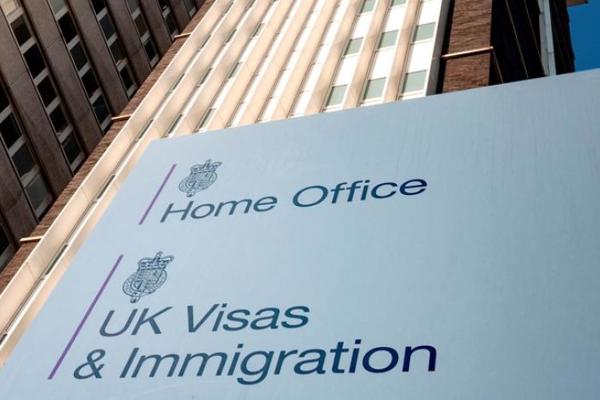A recent article by Business Travel Europe estimated that there were more than 40 million people worldwide working as "digital nomads", meaning they work remotely and, in many cases, they choose to do so from a different country than their traditional place of employment. The attraction of this is obvious, but unfortunately the practicalities aren't as straightforward.
Our immigration team often gets enquiries from people who are looking to move to the UK as "digital nomads", but the UK doesn't have a specific visa for this, so we have to advise on the other possibilities open to those looking to base themselves here but work elsewhere in the world. If the person doesn't have existing family ties to the UK, this often means advising them on the requirements for business visitors and to what extent working is allowed when you are legally classed as a tourist.
Home Office guidance for visitors has been updated to reflect the fact that in the modern world, remote working is commonplace. It does allow visitors to carry out activities related to their work overseas including:
- Answering calls
- Responding to emails
- Participating in remote meetings
- Carrying out the usual permitted business activities of attending meetings and gathering information for their employment overseas
However, the Guidance also warns that someone's primary purpose for coming to the UK should be for another reason related to the visit visa, such as tourism or visiting family, and they should not be coming to the UK specifically to work.
Caseworkers and border officials are also told that remote working should be a secondary activity during the person's time in the UK and will usually last no more than a month. The Guidance also says that where someone's ability to support themselves financially during their visit relies on them working then it is more likely that work will be the primary purpose of the trip.
Therefore, anyone who plans to come to the UK to work remotely for a longer period is likely to experience difficulties either when making their visit visa application or when entering the UK. Every case is decided on its own merits but, as an example, here are two scenarios and how they are likely to be interpreted by the Home Office:
- Person A is coming to the UK for a holiday and will also attend a friend's wedding while they are here. During this period, they will be on leave from work but due to an ongoing project they may be required to join calls or answer emails from time to time. The bulk of their time will be spent touring the UK. This is more likely to be seen as a genuine visit by the Home Office, and therefore will be allowed.
- Person B works remotely for their employer and moves from country to country every six months. They want to base themselves in London for the next six months. They will spend the majority of their day working remotely and doing their normal day to day job but will use their evenings and weekends to explore and experience UK culture. This is more likely to be seen as a case where work is the primary purpose for the trip to the UK, and that the person could not support the costs of their visit without working. It is more likely to be refused by the Home Office, and if the person is a non-visa national (such as a US national) they run the risk of being stopped at the airport.
Unless the UK introduces a formal "digital nomad" visa option, individuals will need to continue to navigate the business visitor rules and ensure they do stray into an area where the Home Office consider work to be their primary purpose for visiting the UK.
If you are considering a trip to the UK that involves remote working, please get in touch and our expert team can help advise you on how to structure your trip to ensure you remain compliant with the rules.


